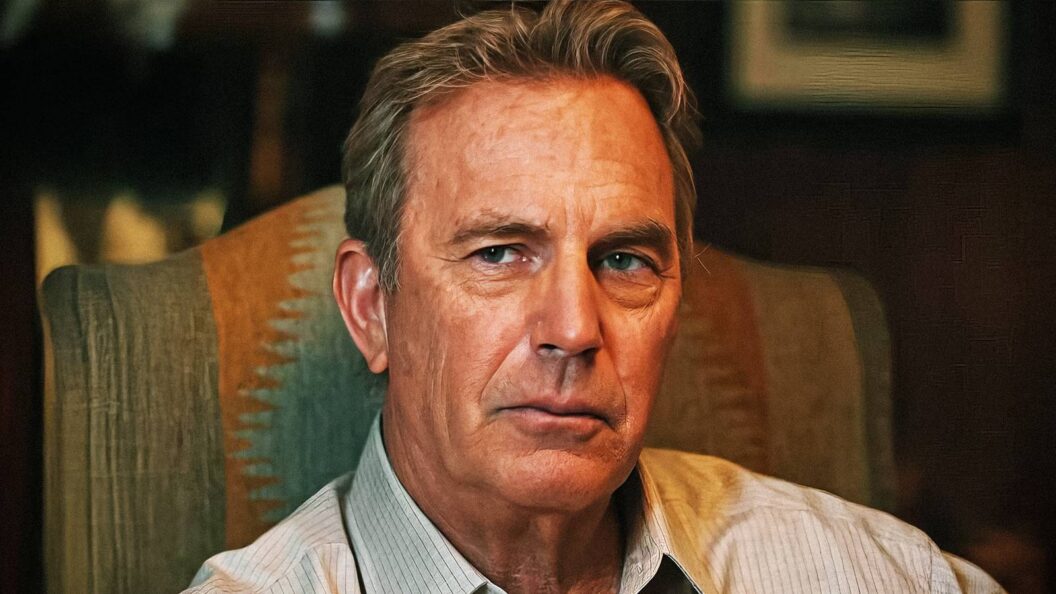The Evolution of Yellowstone: Unraveling the Legacy and Controversies
Taylor Sheridan’s Yellowstone has become a cultural phenomenon, redefining modern television with its gripping storytelling and complex characters. The series, which aired from 2018 to 2024 on Paramount Network, starred Kevin Costner as the formidable patriarch John Dutton, but in a surprising twist, it was almost Robert Redford who assumed the role.
The Original Choice: Robert Redford
In a recent interview, Sheridan revealed that he originally envisioned Robert Redford in the lead role of John Dutton. While exploring the project, Sheridan met with Redford to pitch the show, believing the legendary actor’s involvement would be crucial in securing a deal. Redford, known for classic films such as Butch Cassidy and the Sundance Kid, had the Western experience to potentially bring depth to the character. This pivotal moment could have altered the trajectory of Yellowstone significantly if Redford had accepted the role.
“It’s almost shocking that another veteran star almost played him,” Sheridan noted, reflecting on how synonymous Kevin Costner has become with John Dutton over the years. With nearly two decades separating the two actors, Redford, even in his later years, could have brought a different flavor to the rancher’s complex persona.
John Dutton: A Character of Controversy
John Dutton, the central character of Yellowstone, is shrouded in controversy. Viewers often find themselves grappling with his morally ambiguous actions and the ideologies represented in the series. Dutton stands as a modern antihero—a complex figure admired and criticized in equal measure.
Costner’s departure from the show led to an unsettling conclusion that felt forced, according to many fans, deviating from what Sheridan originally envisioned. Yellowstone may have begun as a straightforward family drama rooted in Western themes, but it evolved into a tale steeped in conflicts and moral dilemmas. As the series progressed, the character fit seamlessly into the American TV antihero category, and audiences resonated with many of his beliefs.
From HBO to Paramount: The Development Journey
Another fascinating aspect of Yellowstone‘s history is its original development at HBO. Initially, Sheridan crafted the series with HBO in mind, even aiming to fulfill the network’s desire for a “Redford-like” star. According to the showrunner, he was mere steps away from securing the project before it ultimately ended up at Paramount. This change not only affected the show’s direction but also its character dynamics and storytelling approach.
“HBO was looking for something different,” Sheridan explained. This transfer of networks played a crucial role in shaping the final product that viewers came to embrace. The version that could have aired on HBO was likely very different from what became a hallmark narrative for Paramount.
The Future of Yellowstone
The complexities surrounding Yellowstone continue to unfold as fans reflect on its legacy. The show, which has captured audiences’ imagination over its run, is now observed through the lens of its controversies and character development. Despite the challenges faced, including Costner’s exit, the series stands as a testament to Sheridan’s storytelling prowess—elevating him to a prominent status in Hollywood.
As discussions about the show and its characters persist, particularly in how John Dutton’s story concluded, the impact of these narratives remains significant. Yellowstone not only redefined the Western genre for a new generation but has also sparked dialogues about morality, family, and identity in contemporary America. The ongoing legacy of Yellowstone suggests that it will continue to be a focal point in discussions about modern television for years to come.
In conclusion, Yellowstone is not just a story of a man defending his land but a broader commentary on the American experience and its multifaceted characters. While the cast may have shifted, the conversations surrounding it have only deepened, making it a captivating subject for audiences to engage with long after the final credits roll.









